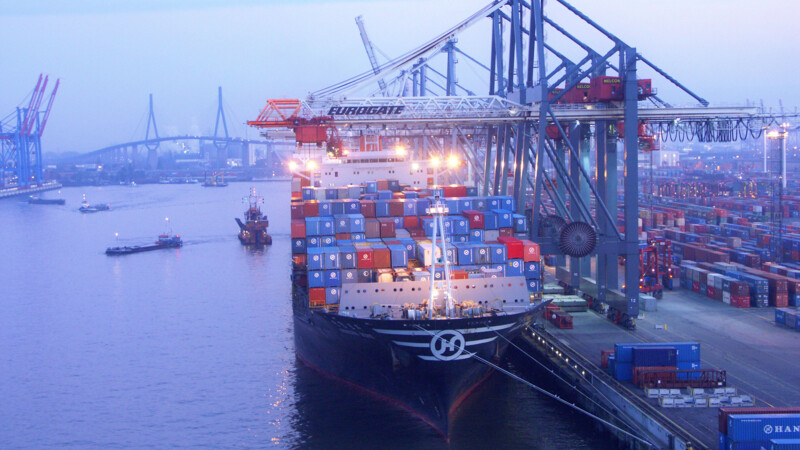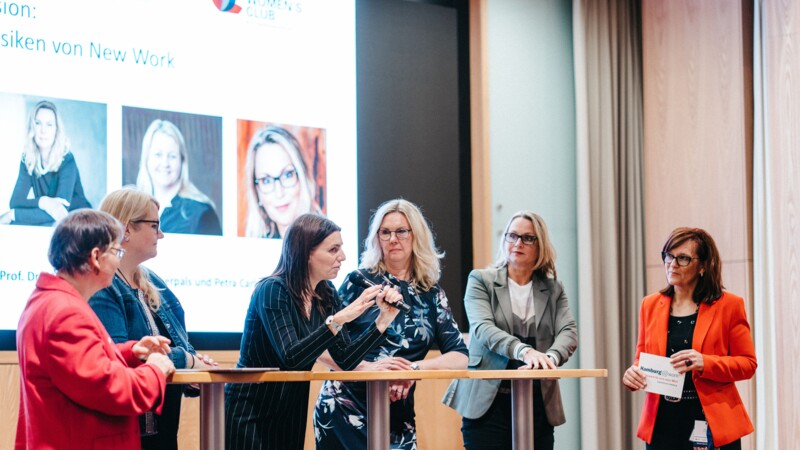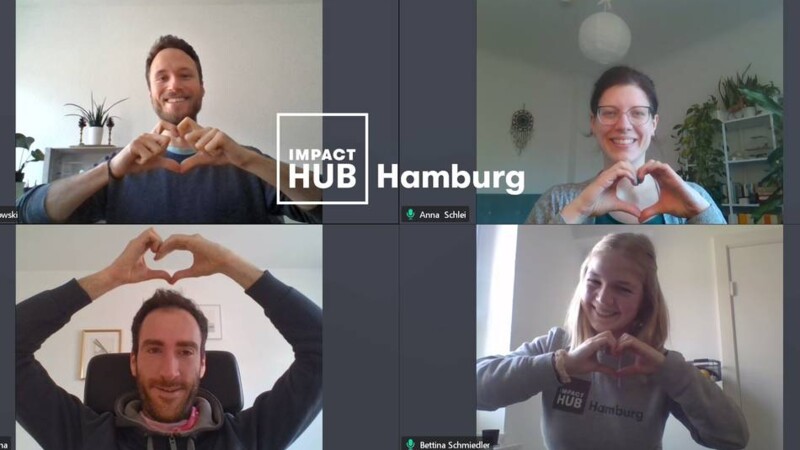Schneider has always refused to carry out experiments on animals and has worked exclusively on human cells obtained from clinics. “This is easier to do with your own company.” Co-operating with partners is hugely important to the success of Nandatec GmbH’s work. The employees use laboratoriesin Lübeck, Kiel, Flensburg and Hamburg to conduct their state-of-the-art research and with correspondingly expensive equipment. Schneider co-founded the Nano-FunDuS to forge even more collaborations.
Dagmar Schneider set up the Lübeck-based Nandatec in 2013 in the hope of pursuing research. “I’ve always wanted to have my own company so that I could develop my own ideas,” said Schneider, who previously worked as a laboratory manager at the Fraunhofer Institute for Marine Biotechnology in Lübeck and now heads the nanobiotechnology company that uses biocompatible nanoparticles to develop more environment-friendly applications for the life sciences sector, among others.
High personal standards
Business idea
Schneider hit on the idea for her work coincidentally after coming across nanoparticles, which she had produced four years earlier and that had been left on a shelf at room temperature ever since. “They had not changed at all. More examinations of the particles led me to our main present product, the biocide-free CLEANS1®.” It is used as a biocide-free anti-fouling coating to protect boats from algae growth. It can also be used in the life science sector, where the technology creates sensors for rapid medical tests and the food industry. The product is theoretically edible in lower concentrations and could replace food packaging such as coatings.
Replacing toxic agents
Customers are in the chemical and pharmaceutical industries, but also sports boat owners who are interested in the anti-fouling coatings. According to Schneider, the goal is to convince people to switch from toxic agents to a biocompatible product. An underwater coating for a fibreglass boat costs around EUR 37 to 40 per 500 millilitres similar to that of a chemical coating. The focus on the biocompatibility of the product is uppermost to Schneider and her team, which consists mostly of “women”:https://www.hamburg-news.hamburg/en/media-it/centre-innovation-women-eeden-hamburg-opens/ and is uncommon in science. “At that time, people thought it comical that this is so important to us. Yet, the topic is on everyone’s lips nowadays,” she noted.
js/at/kk/pb
Sources and further information
More
Similar articles

HHLA to become climate neutral by 2040

"Think big, act small" – three perspectives on new ways of working

